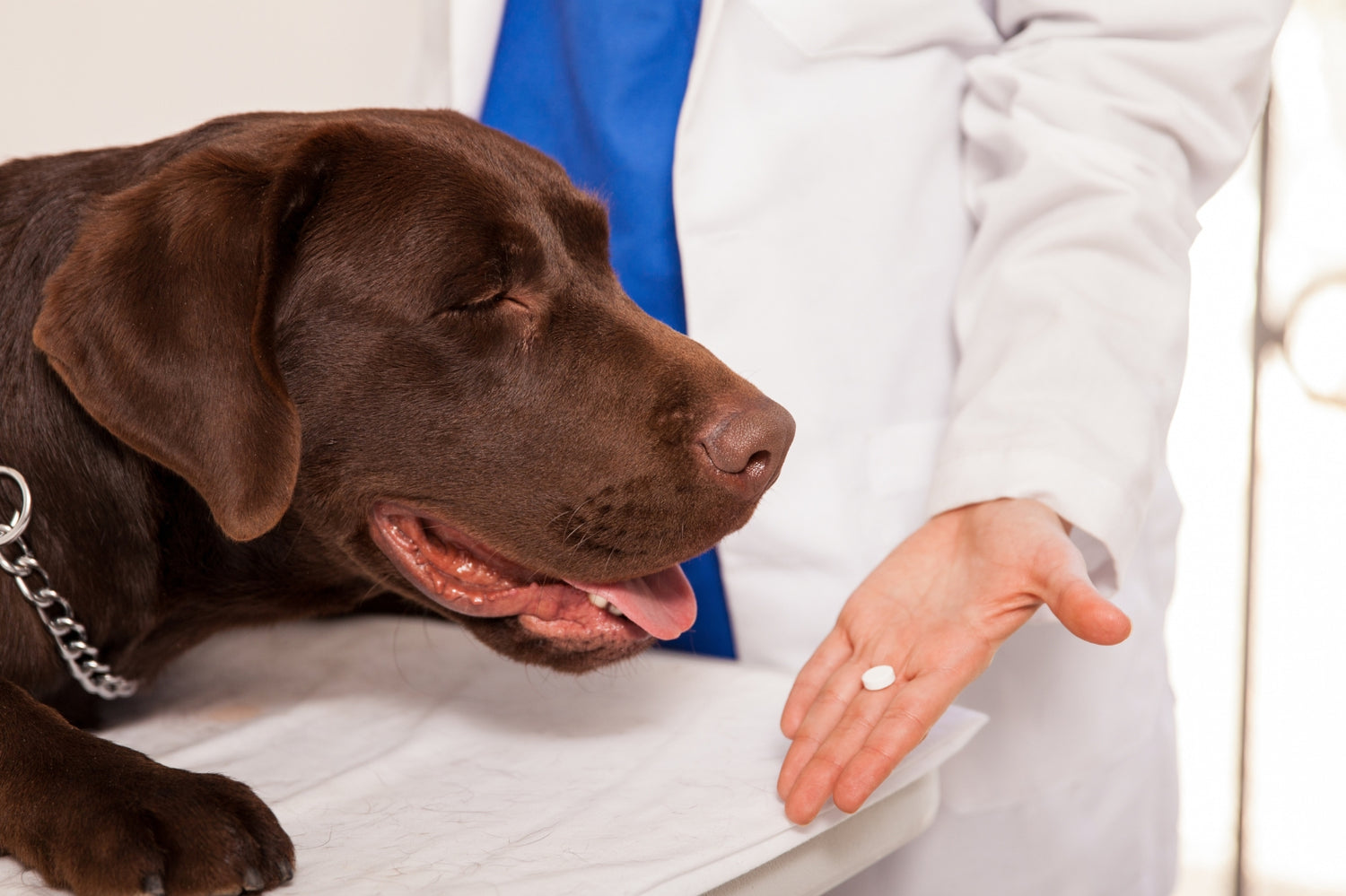Wondering whether paracetamol could help your dog feel better when they’re in pain? Before reaching for that pill bottle, it's crucial to know the facts and what studies say about the safety of this medicine for dogs.
Is paracetamol safe for dogs?
Paracetamol, also known as acetaminophen, is a popular pain reliever for humans. While it's safe for us when taken correctly, it can be harmful to dogs. Dogs metabolise drugs differently than humans do and certain substances that are harmless to us can be toxic to them. So, it's really important to never give your dog paracetamol, or any medicine for that matter, without checking with your vet first!
Numerous studies have highlighted the dangers of paracetamol toxicity in dogs. The recent study found that acetaminophen at high doses caused significant damage to the liver and kidneys of the dogs, leading to conditions like anaemia and increased liver enzymes. The ultrasound and blood tests confirmed these findings, showing changes in the liver and kidney structure and function. The bone marrow also showed decreased activity, contributing to the observed anaemia.
What do UK vets think about paracetamol?
In the UK, many vets use paracetamol for dogs but with caution. The survey of 450 vets found that most use it mainly for pain relief (96%) rather than for fever (65%). They often use it as an alternative to NSAIDs (91%) or alongside other pain relief methods (90%). While concerns about liver (69%) and stomach (27%) issues are common, most vets believe the risk is low and side effects are usually mild (62%). Only 5% reported having seen side effects, mainly stomach issues and liver problems.
Symptoms of paracetamol poisoning in dogs
It can be tricky to spot paracetamol poisoning in dogs because symptoms might not show up right away. Look out for signs like:
- Difficulty breathing
- Swelling of the face, neck and limbs
- Vomiting
- Jaundice (yellowing of the gums, whites of the eyes and skin)
- Weakness or collapse
- Dark-coloured urine
If you suspect your dog has ingested paracetamol or is showing any of these symptoms, contact your vet immediately or an emergency pet clinic. You can also call the Animal Poison Line for advice.
When your dog is in pain, it's always best to talk to your vet instead of giving them human medications like paracetamol. Vets can prescribe safe and effective pain relief that's just right for your dog's specific needs and health.




Leave a comment
This site is protected by hCaptcha and the hCaptcha Privacy Policy and Terms of Service apply.